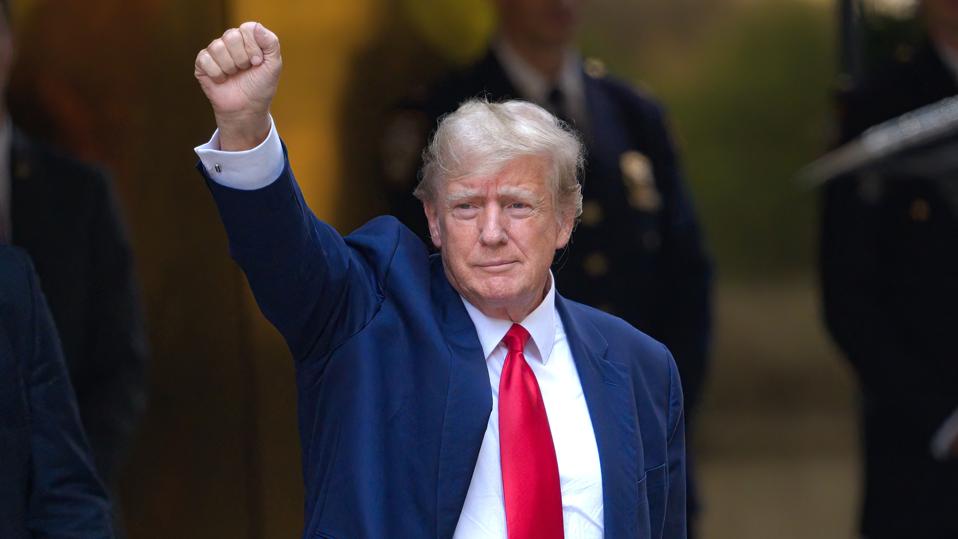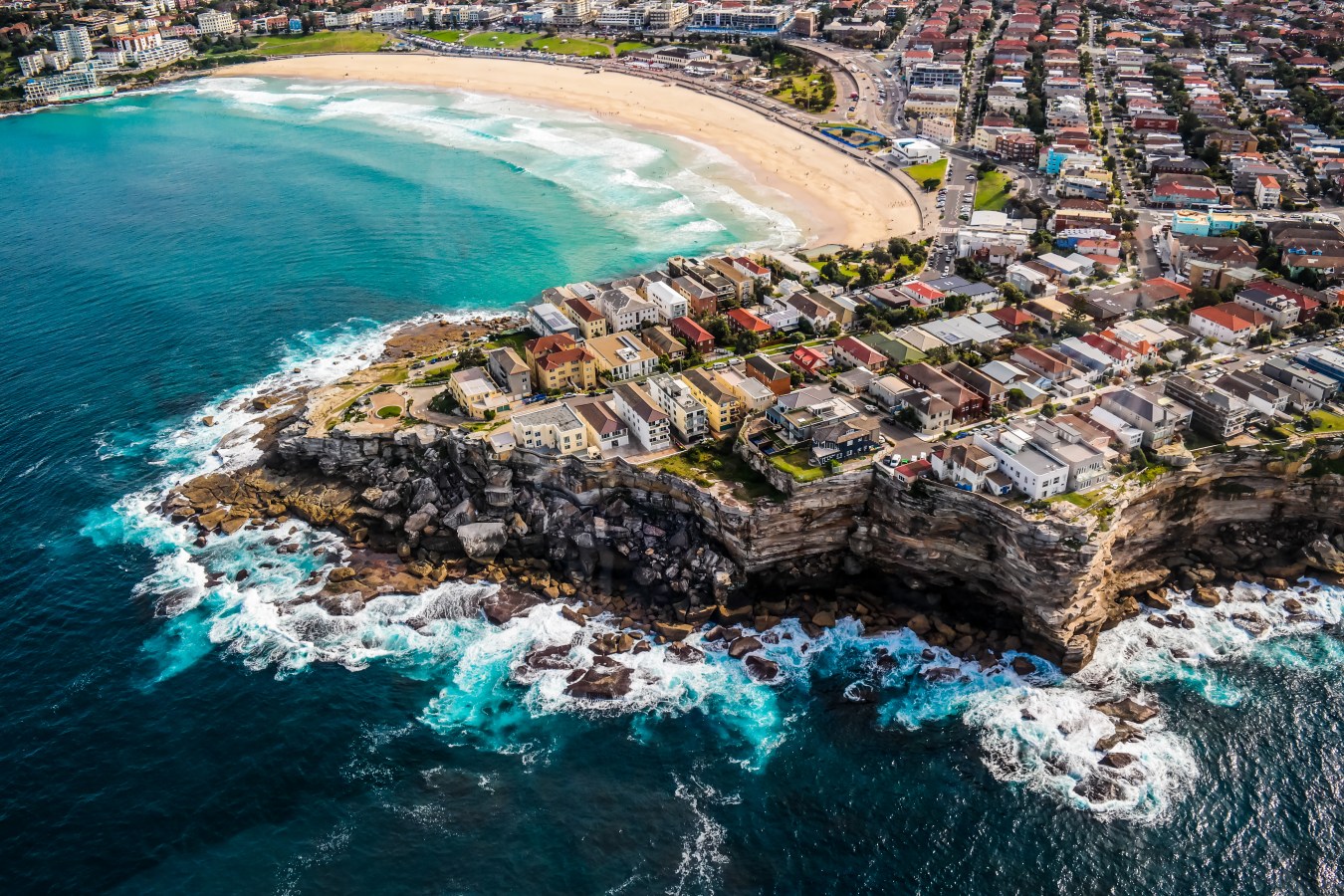Former President Donald Trump and his company committed fraud by overstating the value of their assets, a New York judge ruled Tuesday, siding with state Attorney General Letitia James in her wide-ranging suit against the former president and the Trump Organization, which is still set to go to trial next week with a narrower scope.

Former President Donald Trump leaves Trump Tower on September 6 in New York City.
GC Images
Key Facts
James sued Trump, the Trump Organization and his business associates—including Trump’s children—for fraud, alleging in civil court the ex-president made hundreds of false statements that inflated the value of Trump Organization assets to boost his net worth and obtain more favorable business deals.
Manhattan-based Judge Arthur Engoron found Trump and the other defendants committed fraud on Tuesday, six days before the case was set to go to trial, after James’ office argued Engoron should rule on the issue now because “no trial is required” to find Trump liable.
Engoron wrote that the documents uncovered in the case “clearly contain fraudulent valuations that defendants used in business,” and none of Trump’s defenses hold up, including his claim that he could always find a “buyer in Saudi Arabia” for one property.
The judge pointed to several Trump properties that were overvalued, including Mar-A-Lago, a building on Park Avenue, an estate in Westchester County and his penthouse in Trump Tower—which had an inflated square footage even after Forbes asked him about the exaggeration, Engoron notes.
Trump and his co-defendants opposed James’ motion to rule on the fraud question right away, arguing in court the valuations were subjective and James is just “uneducated” about real estate, and brought their own motion asking the court to rule in their favor and throw the case out entirely ahead of trial.
What To Watch For
The trial against Trump and his business allies is set to begin on Monday and run until December, though that date remains slightly up in the air. An appeals court temporarily delayed the trial earlier this month amid a lawsuit between Trump and the judge—the appellate judges will hear arguments this week, and could let the trial proceed as scheduled. While Engoron already ruled on part of the case by finding Trump and his co-defendants guilty of fraud, the trial will still go forward on other allegations—such as falsifying business records, financial statements and committing insurance fraud—as well as determining whether there was intent to commit fraud and the damages Trump and his co-defendants will face.
What We Don’t Know
What punishments Trump and his business could face. James’ lawsuit asks the court to impose a range of penalties on the defendants, including canceling certificates for Trump’s businesses, imposing more oversight on the Trump Organization, barring Trump from engaging in any commercial real estate acquisitions for five years, blocking him and his children from serving as officers or directors in any New York business and forcing the defendants to pay an approximately $250 million fine.
Big Number
$3.6 billion. That’s how much Trump inflated his net worth by overstating the value of his assets on financial documents, James alleged in court filings, calling the number a “conservative” estimate. The AG alleges Trump used the exaggerated assets to inflate his net worth by between $1.9 billion and $3.6 billion per year between 2011 and 2021, including by misstating the value of his properties at Trump Tower and Mar-A-Lago in Florida, which the lawsuit alleges Trump valued as a private residence instead of a social club.
Chief Critic
Trump’s attorneys argued in court that the ex-president didn’t fraudulently overstate the value of his assets, but rather claimed the valuations were accurate based on Trump’s “perspective [as] a creative and visionary real estate developer who sees the potential and value of properties that others do not.” Trump attorney Christopher Kise argued at a hearing Friday: “The case comes down to prosecuting the defendants for engaging in successful business transactions.”
Forbes Valuation
$2.5 billion. That’s Trump’s estimated net worth, according to Forbes’ real-time tracker. Forbes has exposed previous Trump efforts to misstate the size and value of his real estate properties, including exaggerating the size of his Manhattan penthouse, which was cited in James’ lawsuit.
Key Background
James sued Trump, his company and his business associates in September 2022, following a years-long investigation that began in March 2019. Trump was deposed as part of the investigation, though he refused to answer questions and invoked his Fifth Amendment rights, after being held in contempt of court for not complying with the subpoena. Since James filed the lawsuit, the AG has notched a win in court as Engoron appointed an independent monitor to oversee the Trump Organization’s activities, though an appeals court also dismissed James’ claims against Ivanka Trump in the case and forced Engoron to narrow the case. The Trump Organization has separately been found guilty of tax fraud in a different case brought by the Manhattan district attorney, in which the company was ordered to pay $1.6 million for a scheme in which executives were paid through personal expenses that weren’t taxed, such as private school tuition, apartments and car leases.
This post previously appeared on Forbes.com and all figures are in USD.
Look back on the week that was with hand-picked articles from Australia and around the world. Sign up to the Forbes Australia newsletter here or become a member here.


